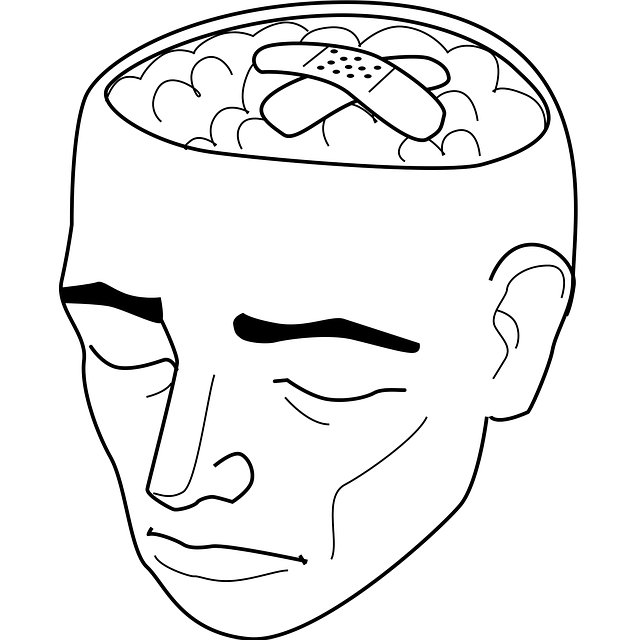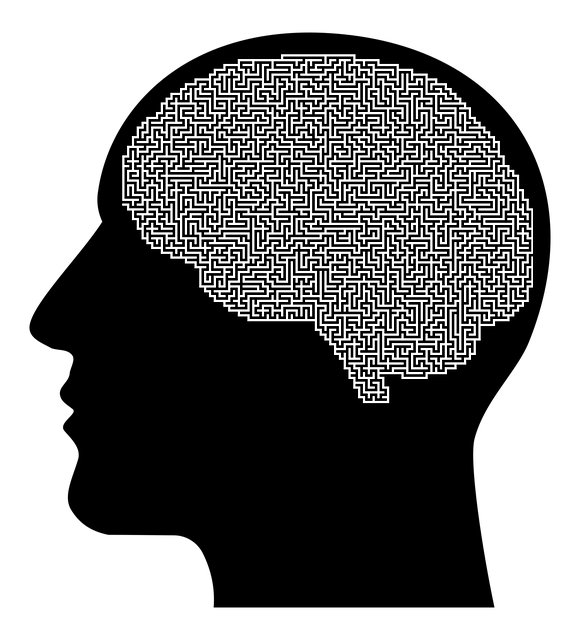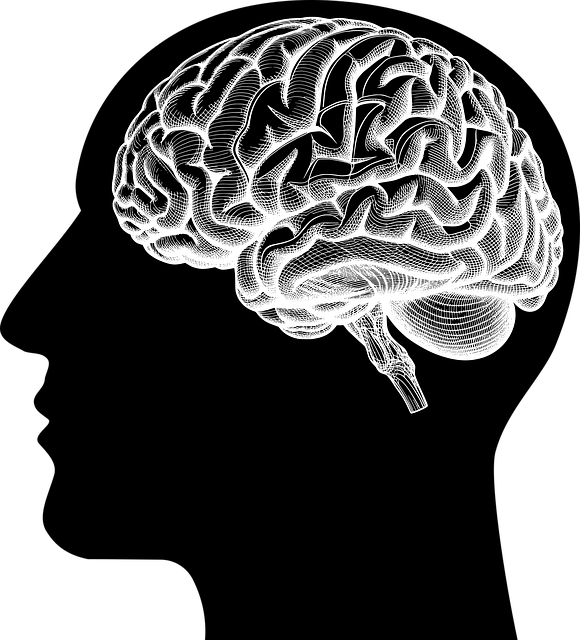Castle Rock Psychosis Therapy provides crisis intervention services that stabilize individuals during severe emotional distress or psychotic episodes, using evidence-based practices, community resources, and stress management techniques. Their holistic approach combines individual therapy, group support, and community reintegration to address coping skills, emotional healing, decision-making abilities, and resilience. Through quick action, empathy building, risk assessments, and compassion cultivation, they offer multi-faceted support that enhances short-term relief and long-term mental wellness, ensuring a resilient community with readily available resources for crisis intervention, as exemplified by their Castle Rock Model.
- Understanding Crisis Intervention: A Cornerstone of Mental Health Support
- The Castle Rock Model: A Comprehensive Approach to Psychosis Therapy
- Practical Strategies for Effective Crisis Management and Recovery
Understanding Crisis Intervention: A Cornerstone of Mental Health Support

Crisis intervention is a critical component of mental health support, offering immediate and targeted assistance to individuals facing severe emotional distress or psychotic episodes, such as those experienced in Castle Rock Psychosis Therapy. It involves a range of strategies aimed at stabilizing the person, assessing their needs, and connecting them with appropriate resources. The goal is to provide effective short-term relief while also empowering individuals to develop coping mechanisms and long-term solutions.
Understanding crisis intervention requires recognizing its role as a cornerstone of mental health services. By integrating evidence-based practices and building upon local community resources, organizations can enhance their ability to respond effectively. This includes implementing stress management techniques, promoting mental health awareness through education programs, and establishing community outreach initiatives that ensure support is readily available for those in need, fostering a resilient and informed community.
The Castle Rock Model: A Comprehensive Approach to Psychosis Therapy

The Castle Rock Model is a comprehensive approach to psychosis therapy that emphasizes structured support and community reintegration. This model recognizes that individuals experiencing psychosis require more than just symptom management; they need strategies to cope with their experiences, rebuild connections, and enhance their overall mental wellness. By combining individual therapy, group support, and community engagement, the Castle Rock Model facilitates a holistic healing process.
This approach prioritizes the development of coping skills as a foundational element for emotional healing processes. Through various therapeutic interventions, individuals learn to navigate distressing symptoms, improve decision-making abilities, and cultivate resilient strategies for managing daily challenges. Furthermore, mental wellness coaching programs are integral to this model, offering personalized guidance and support to help individuals maintain stability, set goals, and work towards meaningful pursuits in their lives.
Practical Strategies for Effective Crisis Management and Recovery

Effective crisis intervention requires a multifaceted approach that combines practical strategies and emotional support. At Castle Rock Psychosis Therapy, we emphasize the importance of quick action during a mental health crisis. The initial response sets the stage for successful recovery. One key strategy is Empathy Building Strategies, where professionals actively listen and convey genuine understanding to individuals in distress. This simple yet powerful act can de-escalate tension and foster trust, enabling more effective communication about their needs.
Additionally, Risk Assessment for Mental Health Professionals is crucial to ensuring safety for both the individual and the caregiver. Identifying potential risks and implementing appropriate interventions early on can prevent escalation. Compassion Cultivation Practices, such as mindfulness and positive psychology techniques, play a significant role in supporting individuals through crises by promoting resilience and self-compassion. These practices not only help individuals manage their immediate distress but also empower them with tools to navigate future challenges.
Crisis intervention strategies play a pivotal role in mental health support, especially when managing psychotic episodes. The Castle Rock Model offers a comprehensive framework, combining psychological therapies with practical strategies for effective crisis management. By understanding the core principles of crisis intervention and utilizing approaches like the Castle Rock Psychosis Therapy model, professionals can guide individuals toward recovery and enhance their overall well-being. These strategies ensure that folks facing crises receive the necessary support to navigate challenging situations and promote a brighter future.








